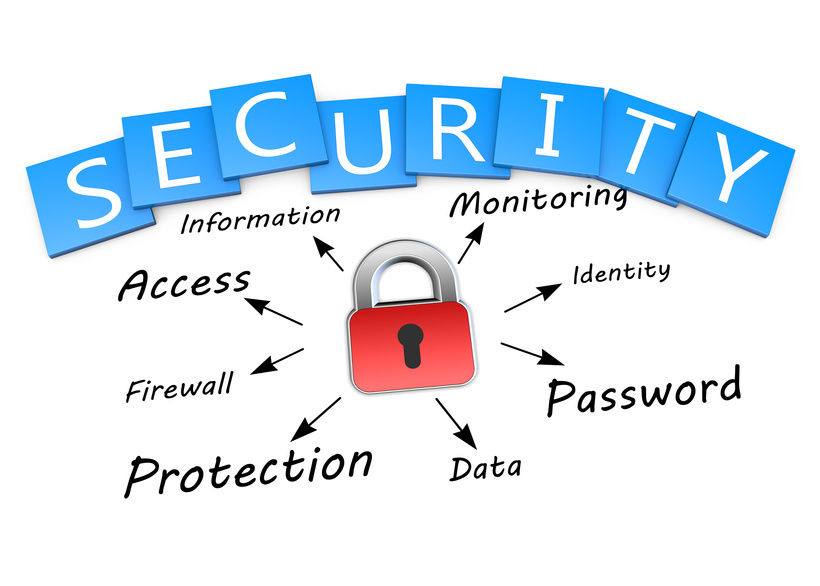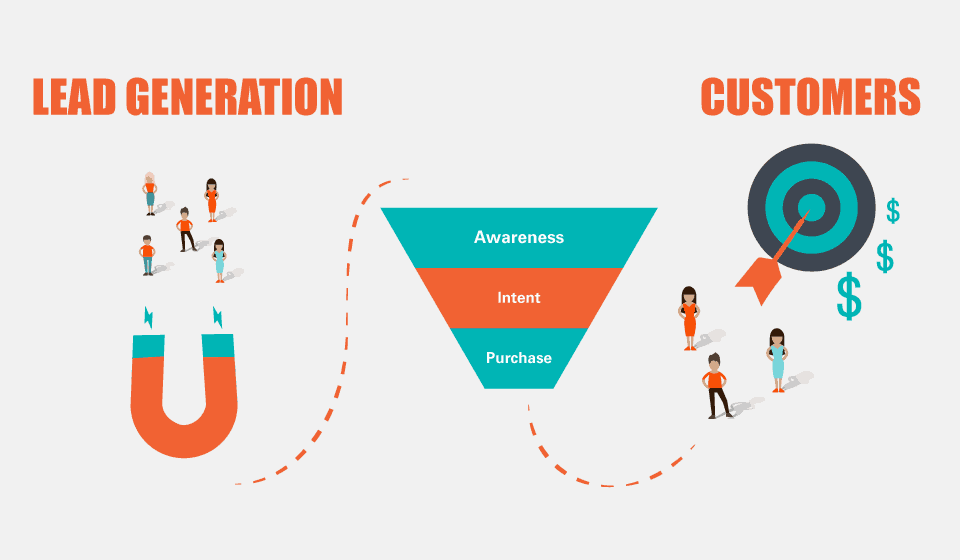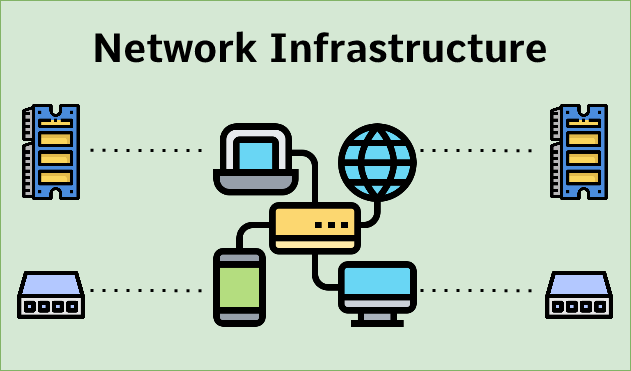Introduction
In our increasingly connected world, internet security has become a critical concern for individuals and organizations alike. With the rapid advancement of technology, the potential risks and threats lurking in the digital realm have also multiplied. From cybercrime and data breaches to identity theft and malicious software, the need to protect ourselves and our sensitive information has never been more significant. In this article, we will explore the importance of internet security and provide essential tips for safeguarding your digital presence.
Understanding Internet Security
Internet security encompasses measures and practices designed to protect computer systems, networks, and user information from unauthorized access, attacks, and data breaches. It involves a range of technologies, protocols, and strategies aimed at ensuring the confidentiality, integrity, and availability of digital assets.
The Importance of Internet Security
- Protection against Cyber Threats: The internet is rife with cyber threats, including viruses, malware, ransomware, phishing attacks, and more. Robust internet security measures provide a defense mechanism against these threats, minimizing the risk of compromise and potential damage to your devices, personal data, and online activities.
- Privacy and Data Protection: Internet security is crucial for safeguarding your privacy and personal information. With the growing reliance on online services and transactions, protecting sensitive data such as credit card details, social security numbers, and login credentials is vital. Robust security measures help prevent unauthorized access, data breaches, and identity theft.
- Business Continuity: Internet security is of utmost importance for businesses and organizations. A breach in security can lead to significant financial losses, reputational damage, and legal consequences. By implementing robust security measures, businesses can protect their networks, customer data, and intellectual property, ensuring uninterrupted operations and maintaining the trust of their stakeholders.
Essential Internet Security Practices
- Strong Passwords: Use strong, unique passwords for all your online accounts. Include a combination of uppercase and lowercase letters, numbers, and symbols. Avoid using easily guessable information and consider utilizing password management tools to securely store and generate complex passwords.
- Regular Software Updates: Keep your operating systems, applications, and antivirus software up to date. Software updates often include security patches that address vulnerabilities and protect against emerging threats.
- Secure Network Connections: Be cautious when connecting to public Wi-Fi networks, as they can be insecure and susceptible to eavesdropping. Use virtual private network (VPN) services to encrypt your internet traffic and protect your data when using public networks.
- Phishing Awareness: Be vigilant of phishing attempts, where attackers masquerade as legitimate entities to trick users into divulging sensitive information. Verify the authenticity of emails, websites, and requests for personal information before providing any details.
- Use Firewall and Antivirus Software: Install and regularly update reputable antivirus and firewall software on your devices. These tools help detect and block malicious software, providing an added layer of protection against various cyber threats.
- Data Backup: Regularly back up your important files and data to an external hard drive, cloud storage, or a secure offline location. This ensures that even if your device is compromised, you can recover your data without paying ransom or experiencing significant losses.
Conclusion
Internet security is an essential aspect of our digital lives. It protects us from cyber threats, ensures the privacy and integrity of our data, and safeguards our online activities. By adopting best practices such as using strong passwords, keeping software up to date, being cautious of phishing attempts, and utilizing security tools, we can minimize the risks associated with our digital presence. Remember, internet security is an ongoing effort that requires vigilance, awareness, and proactive measures to stay one step ahead of cyber threats in today’s ever-evolving digital landscape.










